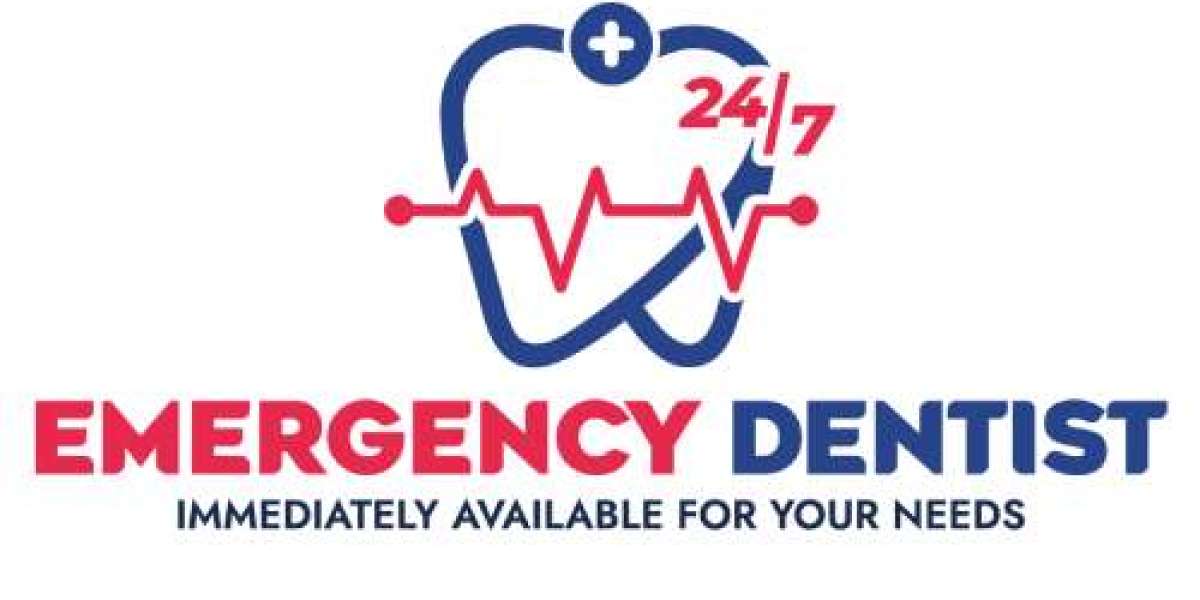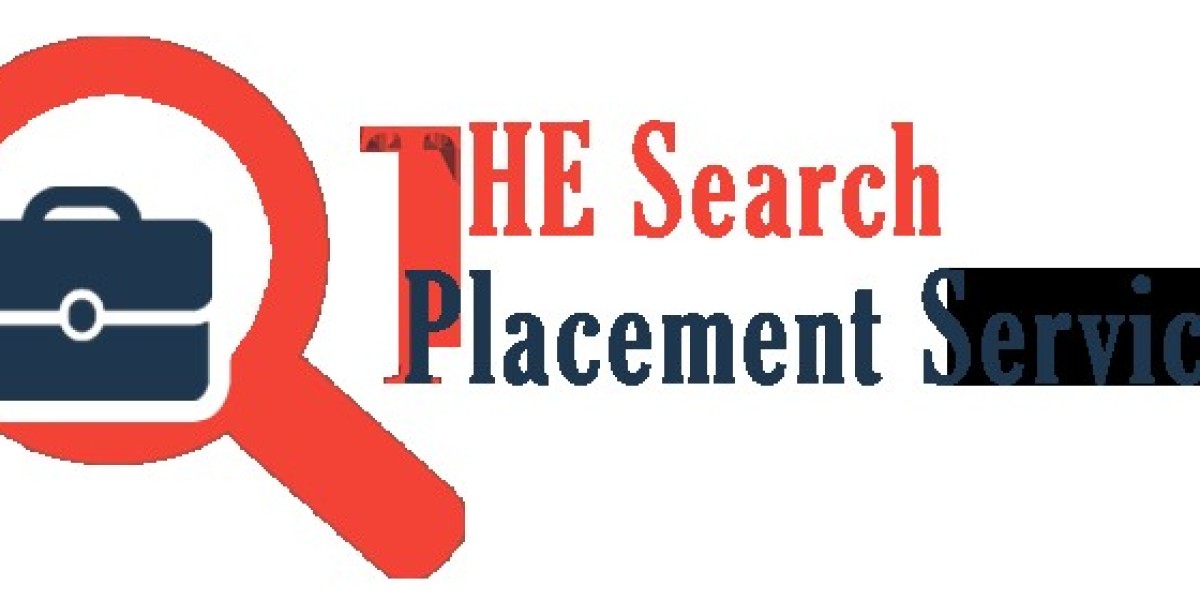What is Emergency Dental Care? Emergency dental care refers to the treatment of urgent dental issues that cannot wait for a regular dental appointment. These emergencies often involve severe pain, swelling, or damage to the teeth or gums. Seeking prompt treatment is essential to prevent further complications.
Common Dental Emergencies
- Toothache: Persistent tooth pain can indicate an underlying issue such as an infection or decay.
- Chipped or Broken Tooth: Trauma or biting down on hard objects can result in a broken or chipped tooth, causing pain and sensitivity.
- Knocked-Out Tooth: Immediate action is necessary to save a knocked-out tooth. Rinse it gently and try to place it back in the socket, or store it in milk or saliva until you can see a dentist.
- Lost Filling or Crown: A lost filling or crown can expose the tooth to further damage and sensitivity.
- Abscess: An abscess is a serious dental infection that requires immediate treatment to prevent the spread of infection.
Steps to Take During a Dental Emergency
- Stay Calm: Panic can worsen the situation. Try to stay calm and assess the severity of the issue.
- Contact an Emergency Dentist: Locate an emergency dentist in your area and call them immediately for guidance.
- Manage Pain: Use over-the-counter pain relievers and apply a cold compress to the affected area to manage pain and swelling.
- Save Knocked-Out Tooth: Handle the tooth carefully by the crown (top part) and avoid touching the root. Rinse it gently and try to place it back in the socket if possible.
Where to Find Emergency Dental Care
- Local Dental Clinics: Many dental clinics offer emergency services or can refer you to a nearby emergency dentist.
- Emergency Dental Hotlines: Some areas have dedicated hotlines for dental emergencies. Look for these numbers online or in local directories.
- Online Resources: Websites and apps can help you locate emergency dentists and provide guidance on what to do in a dental emergency.
Cost of Emergency Dental Care The cost of emergency dental care can vary depending on several factors, including the severity of the issue, the treatment required, and the dentist's fees. Without insurance, the cost can be significant, but many dentists offer payment plans or financing options to help manage expenses.
Tips for Preventing Dental Emergencies
- Maintain Good Oral Hygiene: Brushing and flossing regularly can help prevent dental issues that lead to emergencies.
- Wear Mouthguards: If you participate in sports or activities that pose a risk of dental injury, wearing a mouthguard can protect your teeth.
- Avoid Hard Foods: Chewing on hard foods or objects can damage your teeth and lead to emergencies.
Conclusion Emergency dental care is essential for addressing urgent dental issues that require immediate attention. Knowing how to recognize a dental emergency, where to find Urgent Care Dentist, and how to prevent emergencies can help you maintain good oral health.







